Music Industry Code Identifiers
It is important to use the proper Genre to ensure your music is included in the proper search engines, and for licensors to find your music. Discover the various Genre of Music and where your music fits best.
Songwriters, Composers & Publishers Numbers
IPI Number: Interested Party Information. An IPI number is a unique, international identification number, usually 9–11 digits long. IPIs are assigned to songwriters, composers, and music publishers that own the rights to the music. An IPI will be assigned to you after you join a PRO, from the International Confederation of Societies of Authors and Composers (CISAC). This number will be your Songwriter, Composer, or Publisher account number* and should not change, even if you move to a different PRO provider. To find your IPI number, you can search the repertory of your PRO’s website, log into your account or contact your PRO directly. An IPI number is not the same as your PRO account number.
ISNI: International Standard Name Identifier (optional). The ISNI is a 16-digit unique code that unambiguously identifies individual writers, artists, performers, and other creators. The ISNI can be linked to other identifier codes to identify writers/artists across multiple platforms. ISNIs help with distinguishing between names that may otherwise be confused, such as John Smith, in order to clarify royalty and licensing payments. A person may also have more than one ISNI – for example, an artist who performs under a pseudonym may have an ISNI for their given name as well as the pseudonym.
To obtain an ISNI, contact one of the ISNI Registration Agencies listed via www.isni.org
Musical Work Numbers
ISWC: International Standard (Musical) Work Code. Songs (lyrics and/or composition) are often referred to as musical works, and each song receives on ISWC. It is a unique, internationally recognized 11-character identifier for individual musical works. ISWC numbers identify the works/songs, not recordings. Multiple recordings (ISRC) may be applied to the same ISWC. For example, a cover and a remix of a song will all have the same ISWC as each recording is using the same work. The ISWC will be assigned as each unique musical work is registered with the PRO.
For more information www.iswc.org
ISRC: International Standard Recording Code. There can be many recordings of one musical work/song, and each recording of that musical work/song will have its own ISRC code. This is the most commonly known and requested code. Only one ISRC should be issued to a track, and an ISRC can never represent more than one unique recording. That ISRC will be used for each release of that recording regardless if released as a single, on an album, or re-released.
ISRCs are widely used in digital commerce by download sites and collecting societies. An ISRC can also be permanently encoded into a product as its digital fingerprint. Encoded ISRCs provide the means to automatically identify recordings for royalty payments.
ISRC numbers can be provided by your distributor or you can register with the US International Standard Recording Code Organization directly. www.usisrc.org

← Back To Resources Menu
Disclaimer: This page is intended for informational purposes only and not as a solicitation or to provide legal advice. You are welcome to contact us directly, however, should you have specific questions or concerns, the HKF highly recommends speaking to an attorney or professional in the appropriate field.
